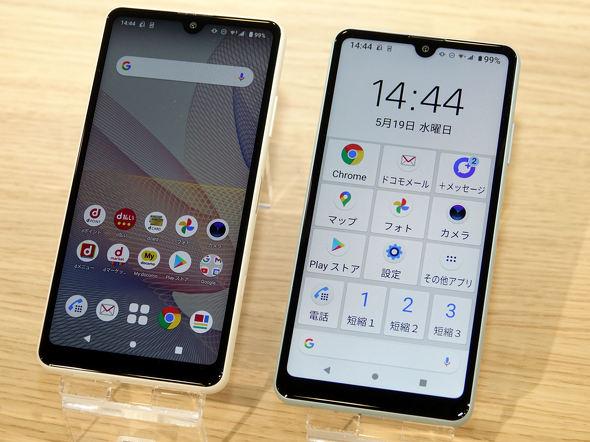This week, the Qualcomm "Snapdragon Tech Summit" was held, and Hiroshi Rockheimer, Google's vice president of platform and ecosystem, took the stage at the keynote speech. It was appealing that "innovation will occur from Android due to the horizontal division of labor system by open source".
This article is partly reprinted from the mail magazine "Ishikawa On's Smartphone Industry Newspaper" delivered every Saturday. This article was delivered on December 4, 2021. Click here to apply for an e-mail magazine subscription (550 yen per month including tax).
However, it seems that the global trend is steadily shifting from horizontal division of labor to vertical integration.
Apple expands the M1 series to iPad Pro, iMac, and MacBook Pro based on the A series for iPhone, which is an in-house designed chip.
In the shadow of the trade friction between the United States and China, Huawei used to have a chipset designed by its own group company, although it is no longer visible.
This year, Google developed its own designed chip "Tensor" and installed it in the Pixel 6 series. The scale merit is too small to put Tensor only on smartphones that cannot be said to be selling well in the world, even though the Pixel series is flattering. Considering how to maintain the business, it is possible that Google will sell Tensor to manufacturers as a set with Android.
If you make a low-priced Tensor that is not particularly high-performance and sell it to a manufacturer, you can create a smartphone with high AI processing power even in an entry model. In order to deploy Android in emerging countries, the option of "spreading cheap Tensors" may be an ant.

At the keynote speech, Qualcomm's CEO Cristiano Amon and Google's Hiroshi Rockheimer shook hands firmly, showing a friendly relationship between the two companies.
Since I had the opportunity to answer questions for the media at the Snapdragon Tech Summit, I asked frankly, "Google has posted Tensor, what do you think?"
"That's nothing new in the smartphone market," said Alex Katozian, senior vice president of mobile compute and infrastructure division. .
Qualcomm has been providing computing, communications and multimedia technology for 35 years. We have a history of creating top-notch technologies and solutions suitable for mobiles, and we have the ability to do just that.
We provide the best solution for the market and Google may have their own way of coming up with another solution.
The Android ecosystem is large, and Qualcomm provides solutions to many manufacturers and partners. That's why the Android ecosystem thrives and we stay competitive."
Additionally, Christopher Patrick, senior vice president of mobile handset business, also emphasized, "This market is always competitive. No matter who comes out, there will be competition."
It seems better to keep an eye on the relationship between Qualcomm and Google.
© DWANGO Co., Ltd.